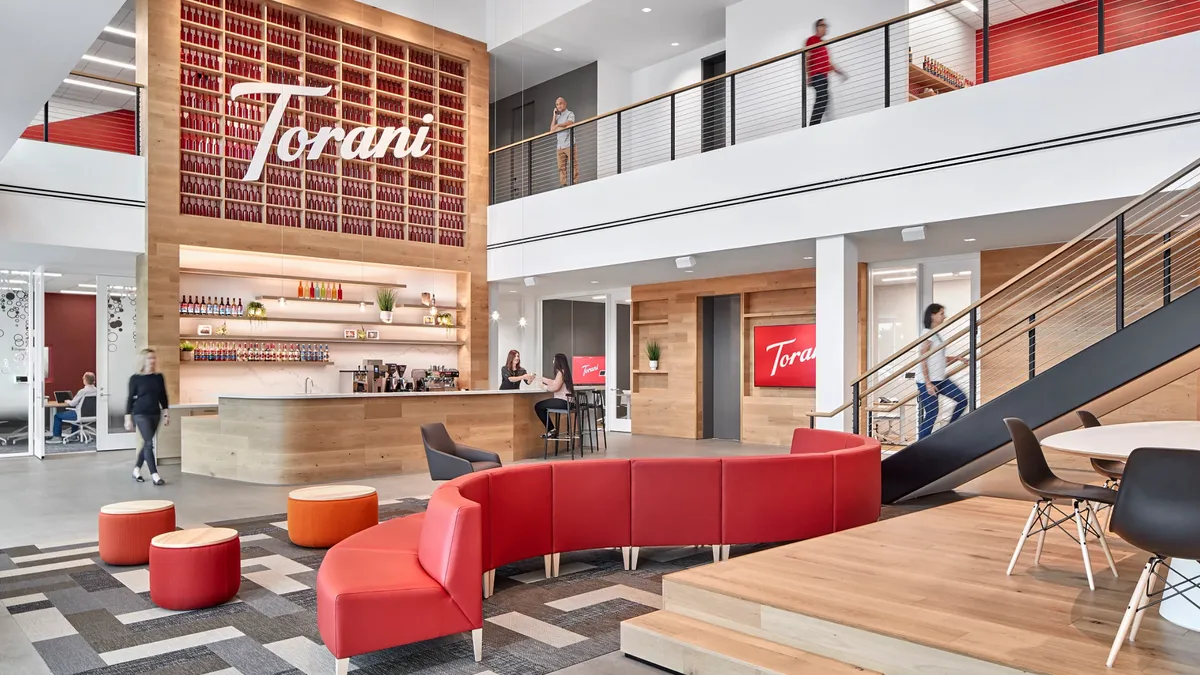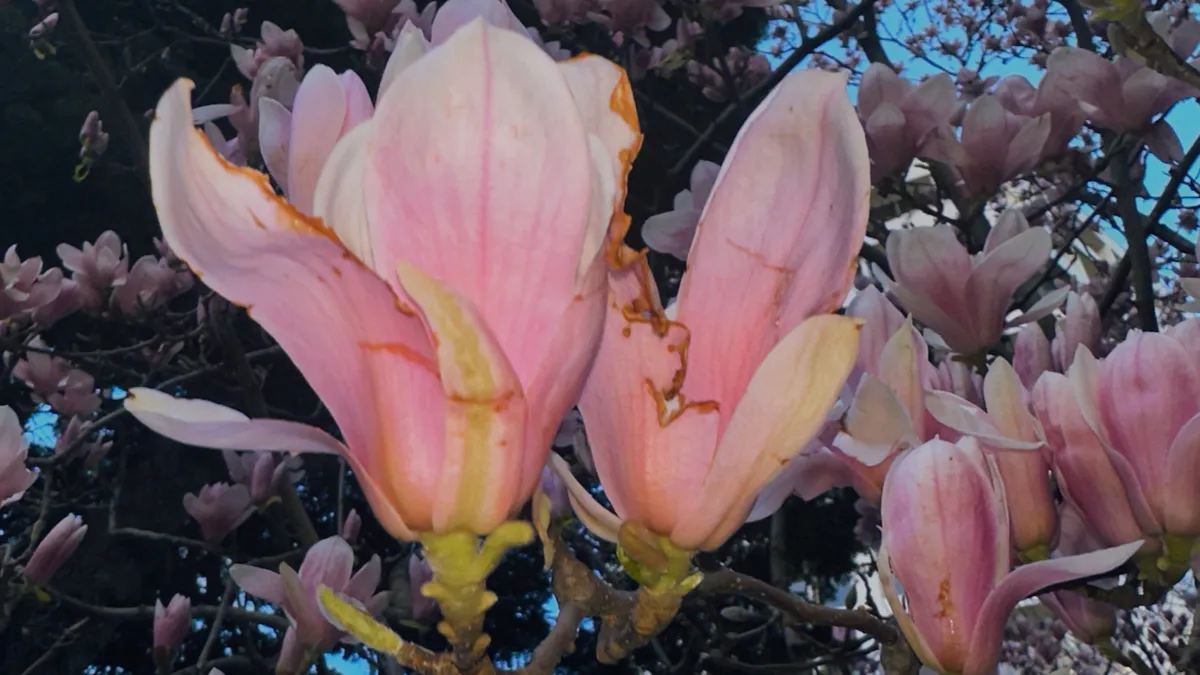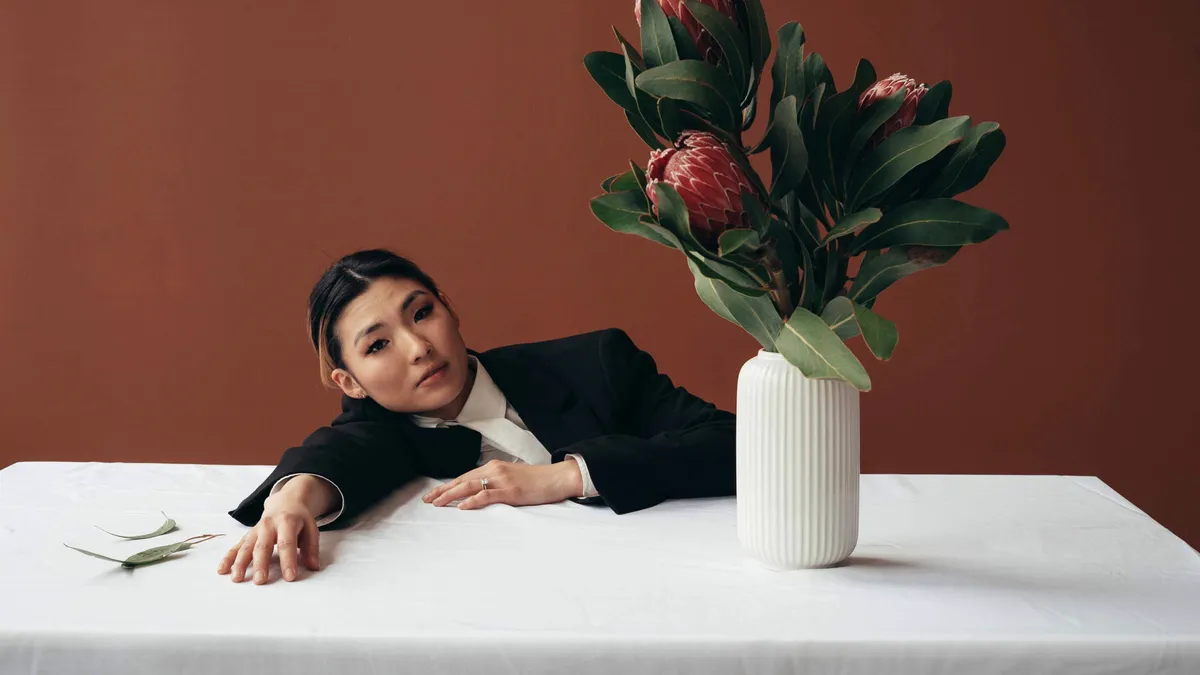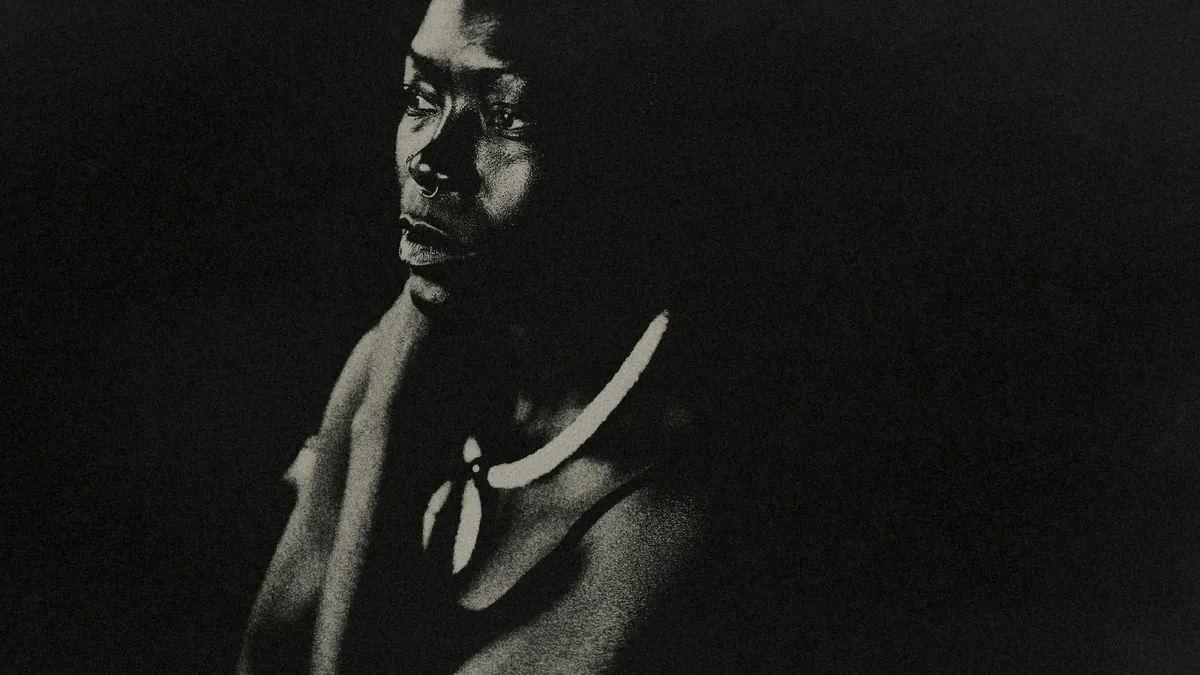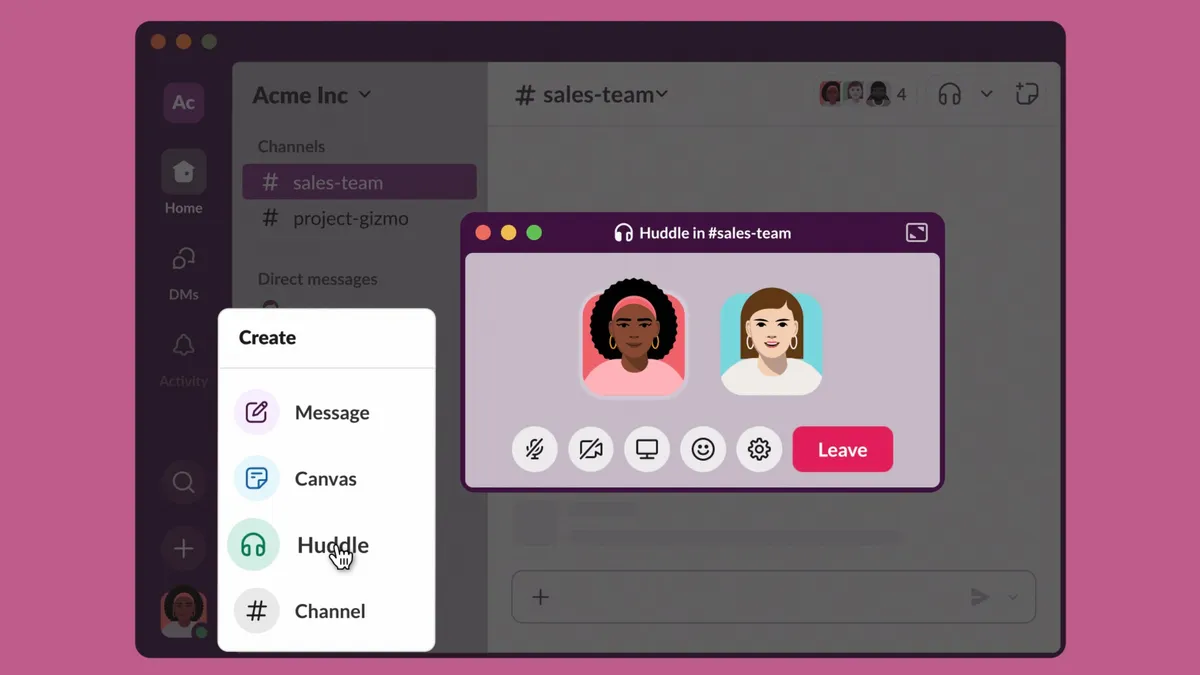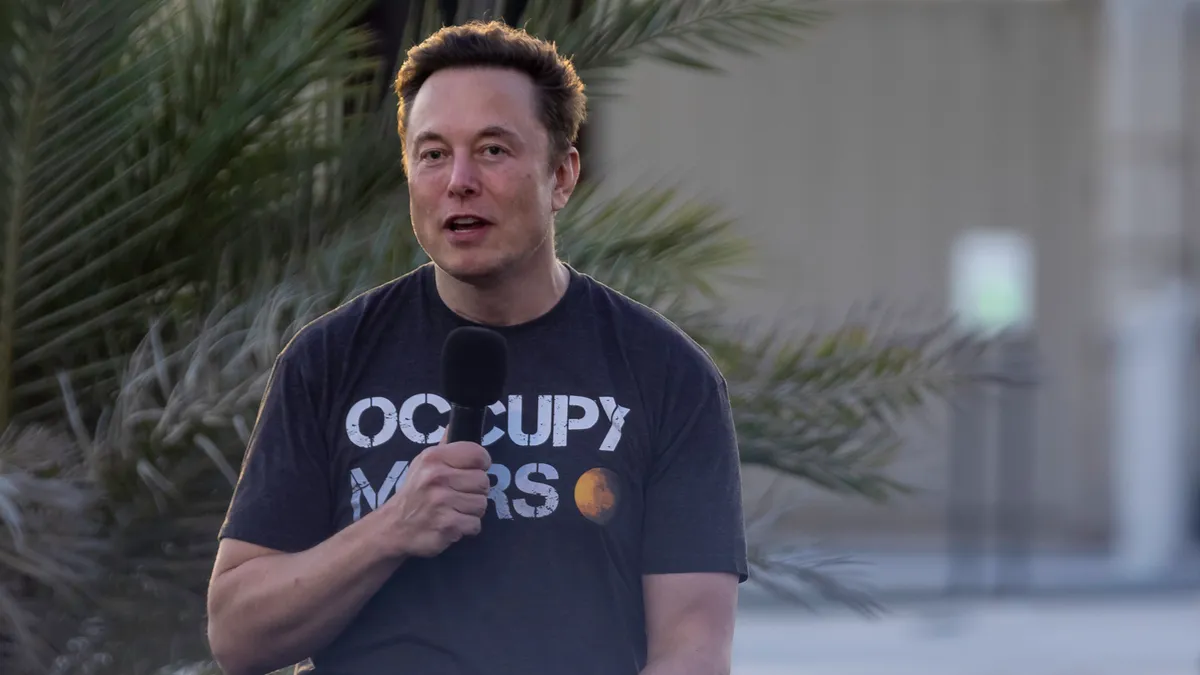Often, the epithet “profits over people” gets thrown around in critique of business; similarly, “people over profits” is a buzzword that may lose meaning without action. Melanie Dulbecco, CEO of Torani — a company known for its flavor syrups — laid out for HR Dive how, from her perspective, centering people makes for overall better business outcomes.
HR Dive previously spoke to the company’s chief of people and opportunity development, Becca Russell, about how the organization increased its representation of women by 625%. Women had long been a part of the C-suite, but with the launch of Torani’s “Flavor Factory” facility, the company sought to make front-line manufacturing roles more accessible for people assigned female at birth.
In this most recent conversation, Dulbecco shared that she recently celebrated her 33rd anniversary at the company. (She also shared that a chocolate banana iced mocha is a weekly must-have.) Here’s more insight into how Dulbecco has spent the last three decades at Torani championing both a diverse workforce and a collaborative environment.
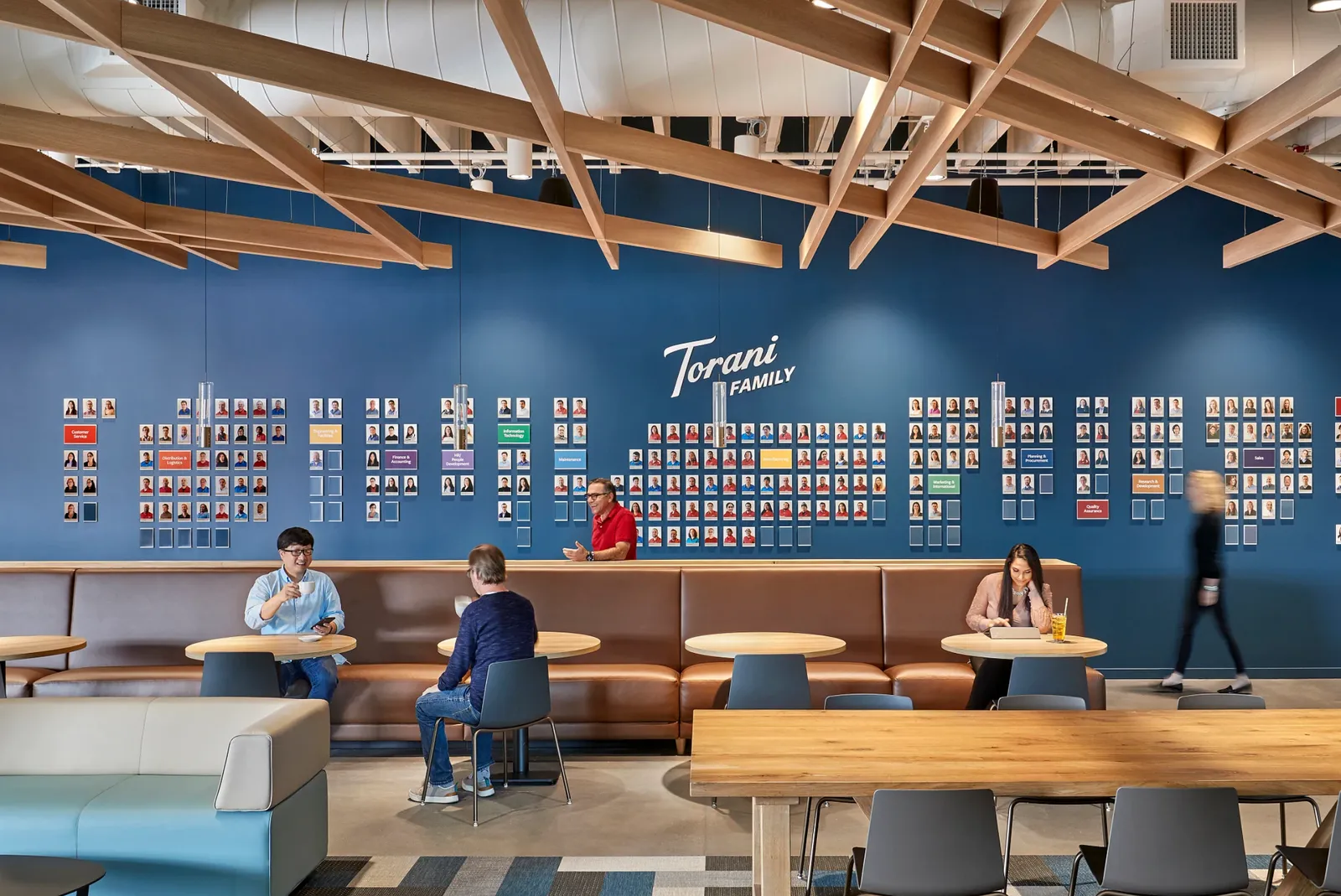
This conversation was edited for clarity and length.
HR DIVE: Because of Women’s History Month, something that has been top of mind for me is the host of the different issues people face based on gender. I wrote a story last month about women being underrepresented in STEM fields and in manufacturing. I’m curious about your experience in the industry.
MELANIE DULBECCO: Certainly in STEM fields you find it to be true — and manufacturing, as you're sharing. I found that to be true in the coffee industry — not in the cafe side of it, but in coffee roasting and importing. That was very male.
When we look at business leadership, it depends upon the sector, so there's so many places we can look at the representation of people from all genders… and what makes a comfortable environment where people can show up comfortably as who they are.
Of course, [there’s] Women's History Month, which is wonderful. And then we go on with who we are for the rest of the year.
We have people raised in over 35 different countries who bring such different perspectives. We have people with every kind of gender identity, people of all ages. We have Gen Z up through… I think the oldest folks we have now are boomers, but we have had some people who were part of the Silent Generation before that.
I love having people of all ages, and all socioeconomic and racial backgrounds. Often, I’m thinking about the conditions that create our mix of people. It's that we have a cultural environment where we are very collaboration-oriented.
We are about growth and shared success, together.
As you're speaking about that, I was thinking about how business success has traditionally been painted as something more “masculine” in tone: Stepping on people to win, being cutthroat, and being very individualistic. I like the idea of the approach being more collective.
One of the things that surprises people is that we're going to turn 100 years old as a company next year. We were a small business up until 33 years ago, but we have a really rich history of female leadership at Torani.
It was a wife and husband who co-founded Torani [in 1925]. Rinaldo [Torre] the husband passed away suddenly of a heart attack, Ezilda was left in the 1930s during the Great Depression — without her business partner, without her life partner — and with two young kids. She didn't know what to do.
Women weren't stepping up to lead openly then; there were no social safety net programs.
She said, “What am I going to do? How am I going to take care of the kids?” She turned to her family and said, “You think I should sell the company?”
They told her, “You are a strong woman and you can do this. We'll help you in the business, if you need us. We'll help you raise the kids if you need us. But you can do this.” And of course, she did.
In our 99-year history, we've never had a layoff.
Think about the tough times, whether it's the Great Depression, the Great Recession that hit in 2008 and 2009, or the pandemic. When we hit hard times is when we look at how to come together and support each other through those kinds of circumstances.
We believe when you hit tough economic times, you figure out how to make it as a community of people. And that's just a different approach to business that puts people at the center.
When Becca talked with you, she mentioned career mixology. When we look at what kind of environment we want to create, I hear different business people express frustration with young team members, or people who want flexibility.
We think a lot about: How do we create the structures, systems and processes so that a lot of people can find their place here?
What we find with especially young team members is the desire to try different kinds of roles — not stay in one career track. Maybe you are working in the warehouse and driving forklifts, and then you learn how to work with small packages. Then you move to customer service, then you move to finance. Or you move from demand planning to marketing and brand management.
We have people who are moving all around the company, because maybe you want to learn, grow and develop in ways that get you deeper into what you're doing, or maybe you want to become a leader and a developer of people in what you're doing.
Or maybe you want to mix up your career a little bit and try different things.
All choices are good. It's in your hands, and then it's up to your manager to support you and the kinds of development opportunities you'd like to pursue.
As a younger worker, when I first entered the workforce, I heard older generations expressing disdain for the way that younger workers like, to put it lightly, move from job to job.
But I like the idea that you can move from job to job even within one company — that if you want to try something different, it’s not a bad thing. In fact, it could be something that’s celebrated.
We celebrate it here. We celebrate all the choices that you want to make. And because we double in size — on average, every four years — we also say if you want to do the job you're in four years from now, that's great, but recognize it's going to be totally different.
We'll probably add some supporting technology. We'll have new things for you to learn. So there's always going to be learning going on in the environment.
From my bird’s-eye view as a reporter, I've seen so many studies that indicate that the opportunity to learn and grow is so important to people — more than just having employment and a salary.
I think that's why [career mixology] is a huge thing that draws in younger people. And it’s not as traditional, right?
Torani is not the traditional organization with career paths that are predetermined, where you have to work and operate in a particular way.
Since the pandemic, I think things are shaking out more in a good way. I think it's gotten people who were stuck in a cycle of thinking success only operates ‘this way’ opening up fresh perspectives.
And I think that's good for all of us.



